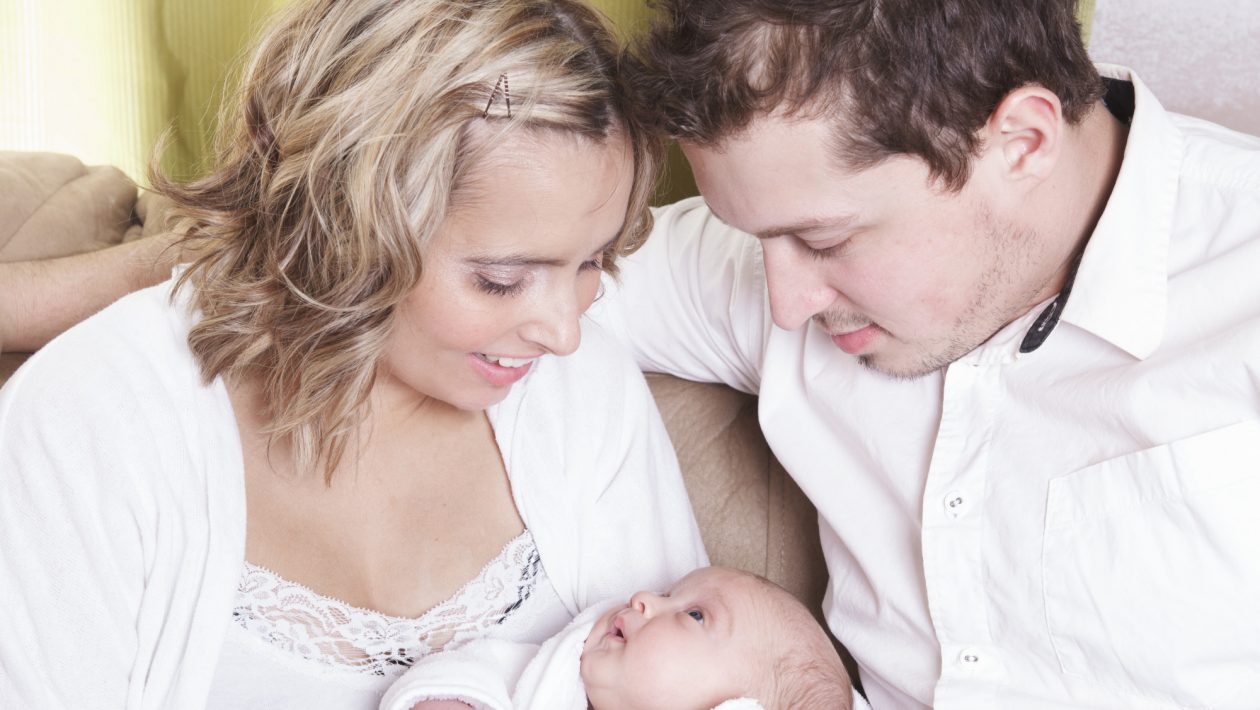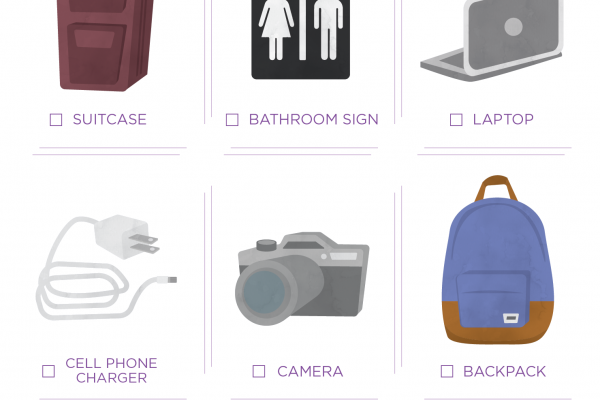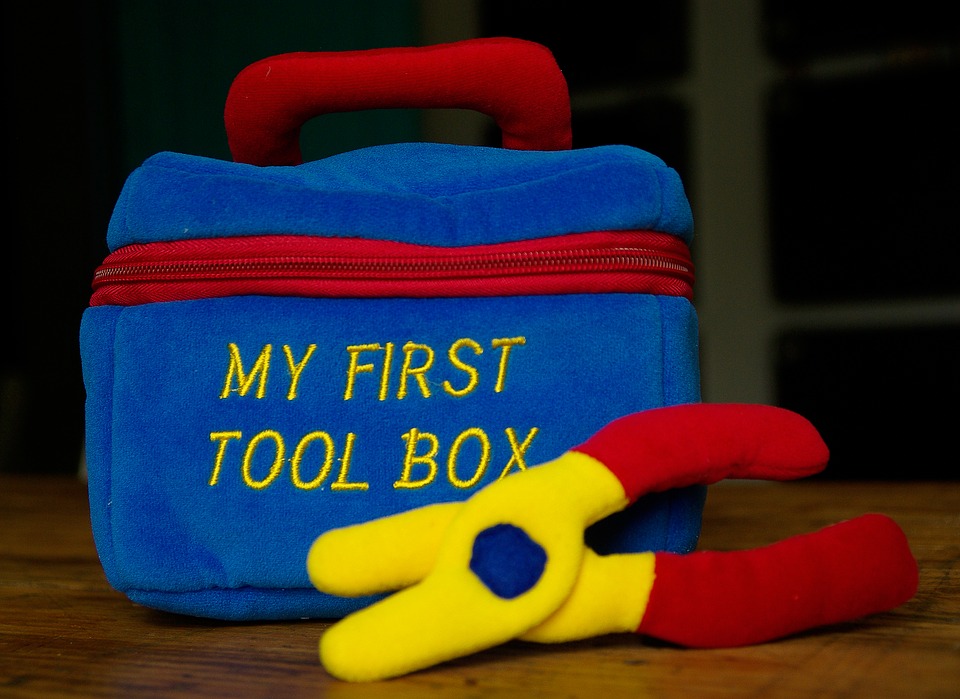Every year, nearly four million women give birth, and many of them are first-time moms.
Are you expecting your first child soon? If so, you’re probably feeling a little nervous.
It’s normal to be nervous about having your first child. The more you know about what having a baby is like, though, the less scary it will be when they actually arrive.
The problem is that many people withhold important information about the experience of having a baby.
That’s why we’re here to tell you everything you need to know before your baby gets here.
Table of Contents
1. Breastfeeding Is Challenging
If you’re planning to breastfeed your baby, it’s important to know that this will likely be challenging at first. For a lot of first-time moms, it doesn’t come as naturally as you might think.
The good news, though, is that it’s not impossible.
When you’re at the hospital, it’s a good idea to reach out to lactation consultants and nurses and let them know if you’re experiencing any issues. They can help you get comfortable breastfeeding so that you’ll feel more confident when it’s time to do it on your own.
2. You’ll Need to Make a lot of Little Changes
In the months leading up to your child’s birth, as well as after you bring them home, you’re going to become aware of all the potential dangers in your home.
From uncovered electrical outlets to sharp table edges, there are a lot of surprising ways that your baby could get hurt.
Before you start trying to bubble wrap your whole house, keep in mind that it’ll be a few months before your baby can start getting into things they shouldn’t.
You’ve got time to baby-proof. Start by making small changes, like switching to safer, green cleaning products and purchasing outlet covers.
3. The First Three Months are the Hardest
There’s no denying that the first three months of caring for a baby are the hardest. It takes a while to find your groove and figure out what works for your baby and what doesn’t.
Give yourself some grace during this time and don’t expect yourself to be a pro.
Remember, nobody really knows what they’re doing the first few months after their baby is born. As time goes on, though, you’ll start to get the hang of things and feel more confident.
4. You’ll Get a lot of Unsolicited Advice
You’re probably already getting a lot of unsolicited advice from friends, family members, and random strangers.
The amount of advice you get is only going to increase after your baby’s born.
You might get a few tidbits of actually useful information from this advice, but the best approach for most new moms is to tune it out and do what works best for you. Smile, say thank you, and then move on.
5. You Need a Support System
You don’t necessarily need your friends’ and family members’ unsolicited advice, but you do need their support.
The more people you have helping you out when you become a parent for the first time, the better.
Start recruiting people early to help with meals, help with cleaning your house, and to keep you company during the day.
6. Newborns are Stronger Than You Think
Newborns seem like they’re the most fragile things in the world (and they kind of are), but they’re also much more resilient than you might initially think.
You’re going to make some mistakes along the road when you care for a baby for the first time (and when you care for future babies), but it’s unlikely that they’ll be permanently scarred by these little missteps.
7. Bonding Can Take Time
Contrary to what movies and TV shows would have you believe, mothers don’t always feel an instant connection with their newborns.
You may love and bond with your baby instantly, but it can also take a few weeks for you to really feel connected to them. Don’t beat yourself up if you find that this is the case.
At the same time, if you do go several weeks feeling that something is wrong and you’re not bonding, it’s important to reach out to your doctor — you may be suffering from postpartum depression.
8. A Video Monitor Is a Lifesaver
If you tend to be on the anxious side, or think that there’s a possibility you might be once your baby’s born, a video monitor can be a huge help.
You’ll be able to check on your baby at night without having to get up and go to their room every couple of hours.
Be sure to invest in one with a high-quality camera before your baby’s born.
9. There’s a Right Way to Prep a Crib
Before your baby arrives, you’re going to want to make sure their crib is all ready for them.
You may think you’re all set. You may have even gone so far as to research non-toxic cribs and organic bedding.
Before you deck out your baby’s crib, though, make sure you’re not lining it with potentially harmful products.
Crib bumpers, pillows, and blankets are actually suffocation hazards.
Instead of using these, make sure you have plenty of swaddle blankets or sleep sacks on hand to keep your baby warm and cozy.
10. Your Relationship Will Change
When you add a baby to the mix, your relationship with your partner is going to change. There’s no getting around it.
The change doesn’t have to be negative, though. You can use the added challenge of caring for a baby to strengthen your bond and become closer.
The key is to communicate and talk to your partner about what you need (and for them to talk to you about what they need). The more open and honest you both are, the better off you’ll be.
Want to Learn More About Having a Baby?
Now that you know more about what having a baby is like, are you feeling a little more prepared for the experience?
It’s true that nothing can truly prepare you for becoming a mother for the first time.
If you keep this information in mind, though, you won’t be in for quite as many surprises after you’ve delivered your baby.
Do you want to learn more about having and caring for a baby? If so, we’ve got lots of articles for you on our blog.
Check out the Family section today for all kinds of helpful information on family-friendly activities, parenting tips, and more.










